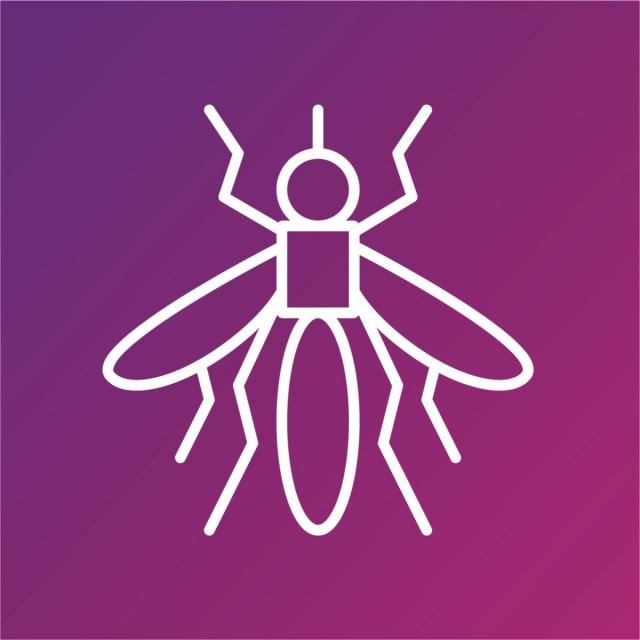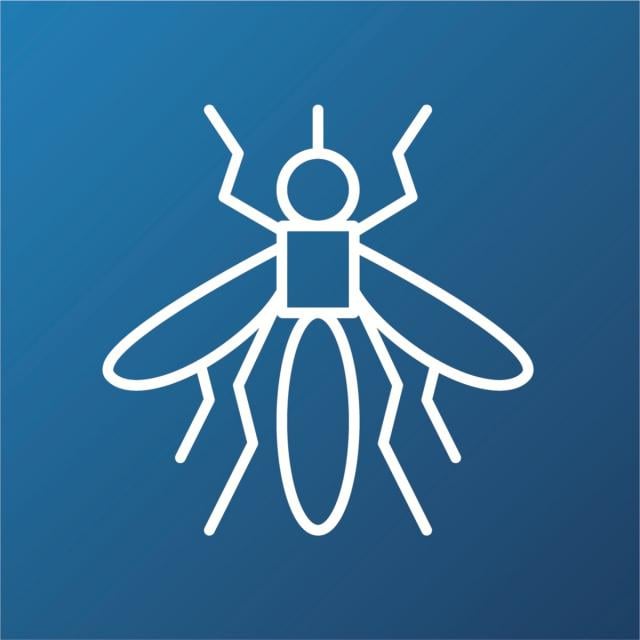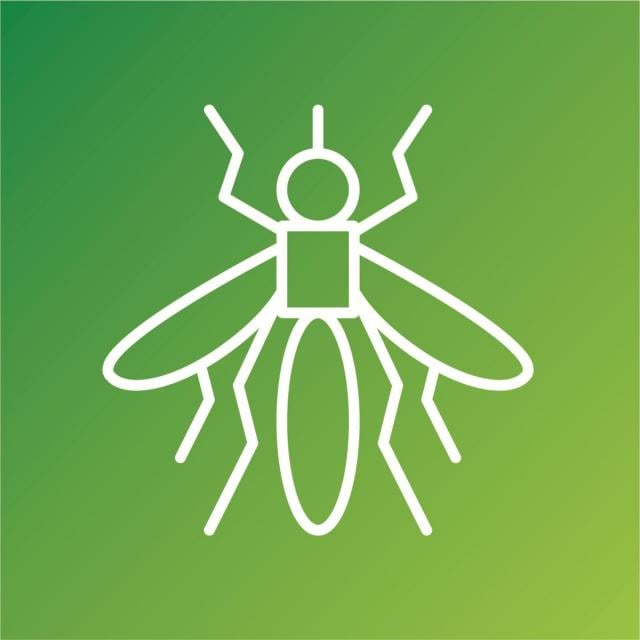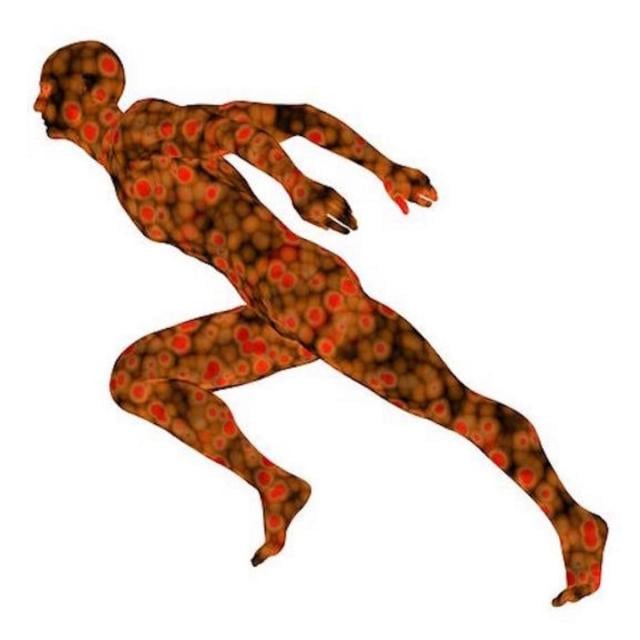Foundations of Public Health Practice: Health Protection (Coursera)
Categories
Effort
Languages
The Health Protection course is the fourth instalment of the wider Foundations of Public Health Practice specialisation from Imperial College London's Global Master of Public Health (MPH). The scope and content of this course has been developed from the ground up by a combined team of academics and practitioners [...]
May 20th 2024










